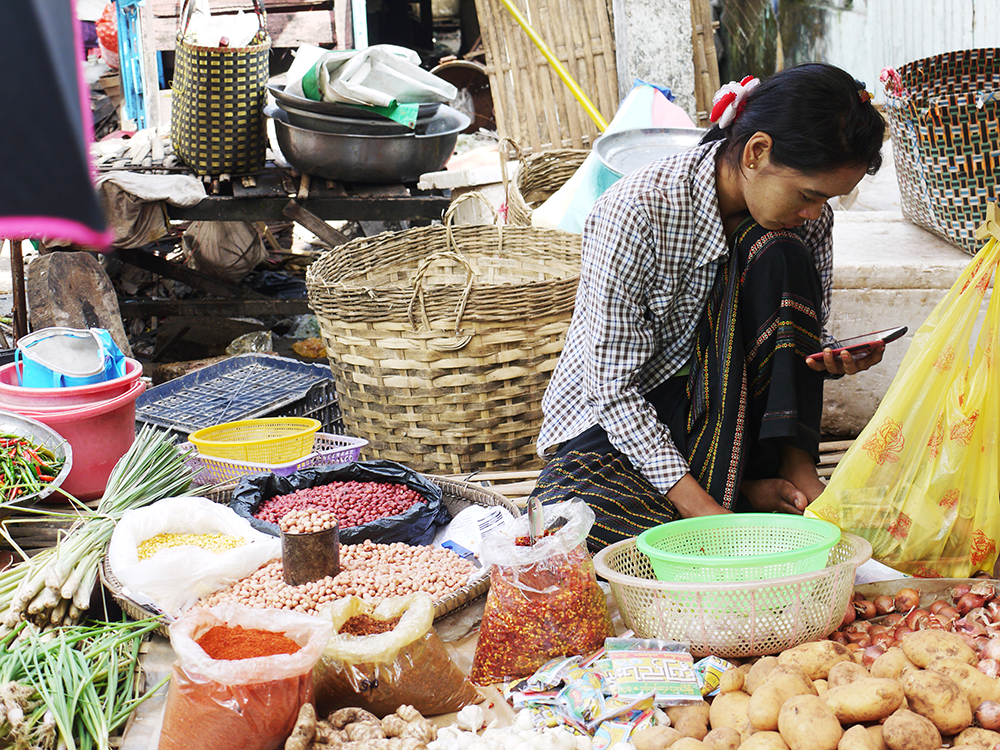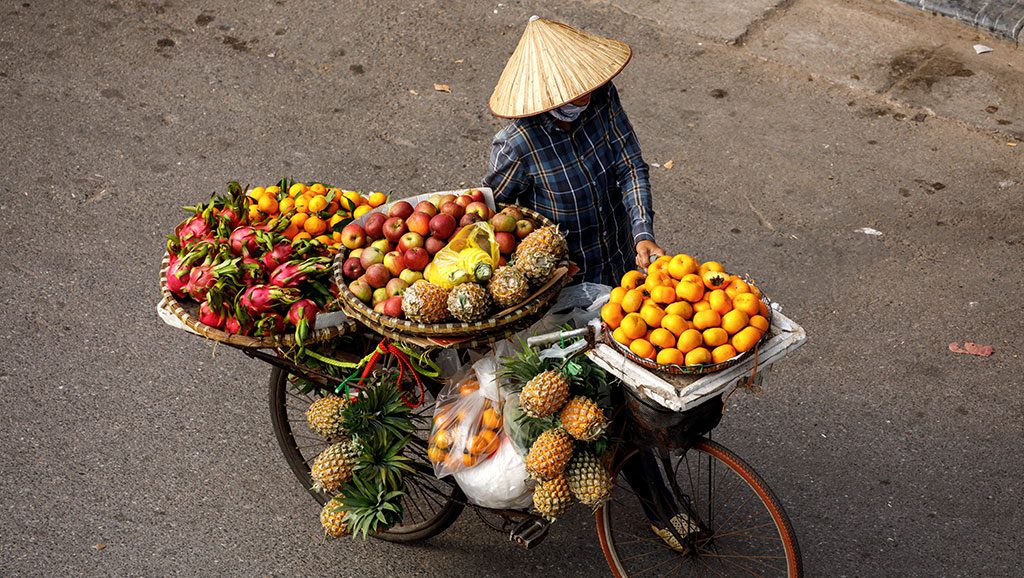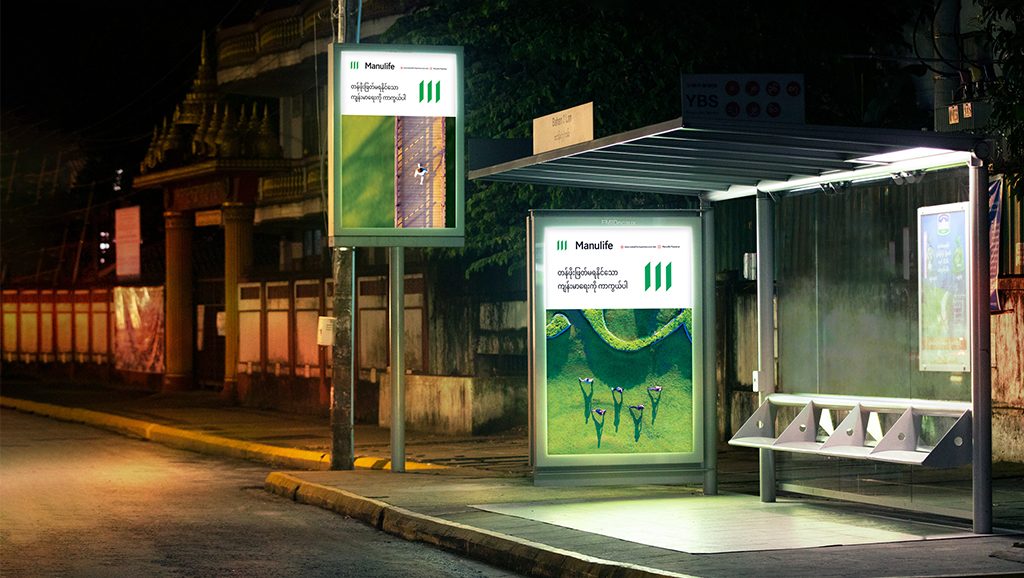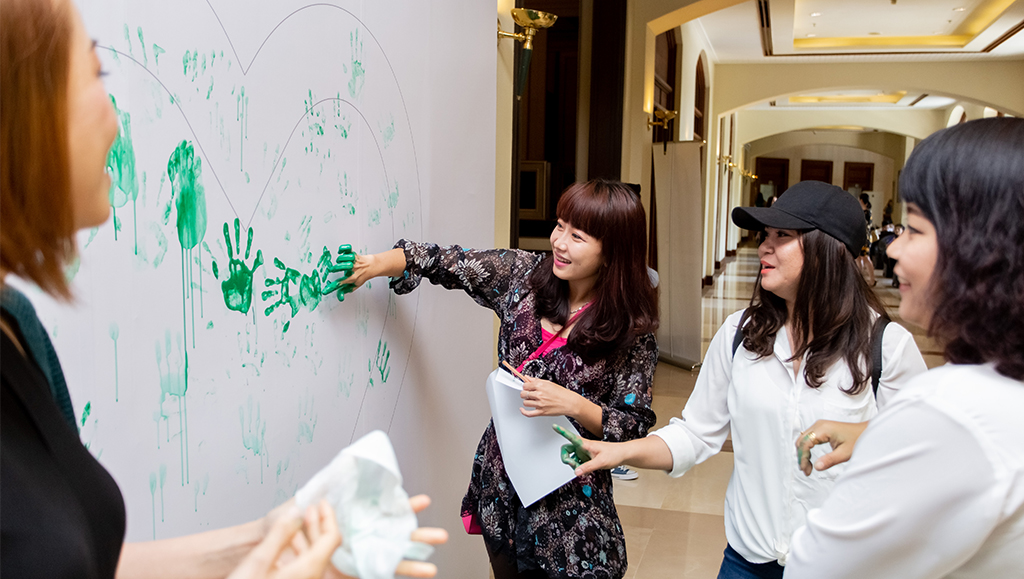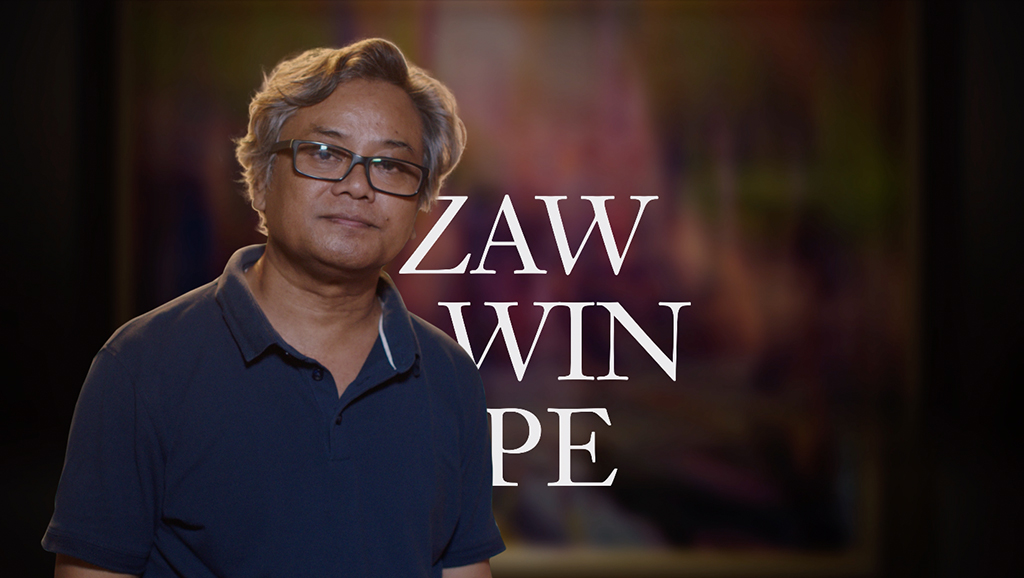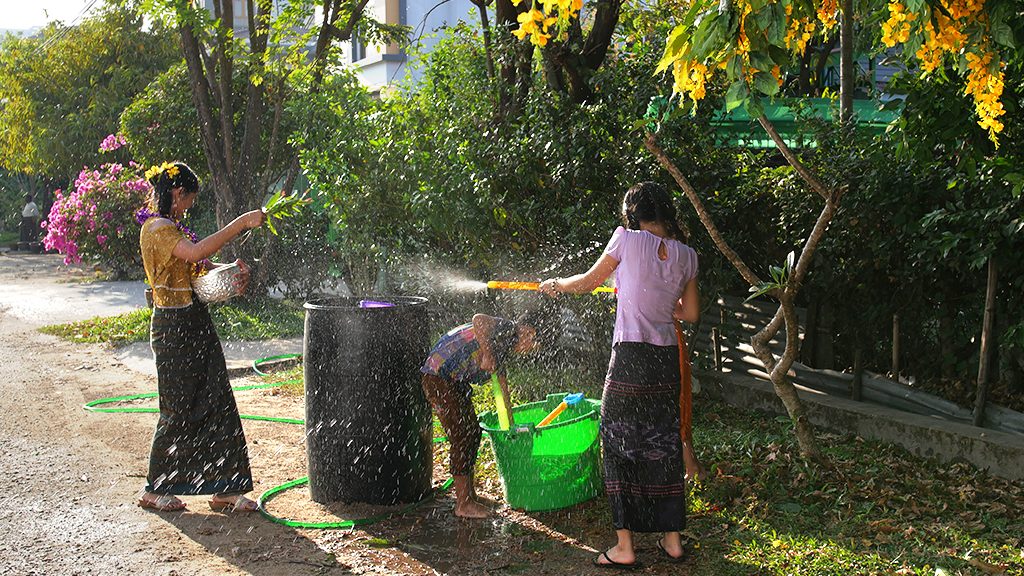
While visiting Myanmar last year, President Obama observed, “I saw a bunch of people — they didn’t have any shirts, but they had a smartphone.”
Look around Yangon, Myanmar’s largest city, and it seems like almost everyone, from taxi drivers to teashop boys, is on their mobile phone. Out in the countryside, second-hand smartphone prices scroll like stock tickers across communal village TV screens.
Barely three years ago, SIM cards cost at least US$1,000. Mobile phones were restricted to the urban elite, who bought them overseas or on the black market. (Probably for prestige, as network coverage was notoriously bad.)
With the opening up of the country’s economy to foreign investment, a clear winner has been the telecommunications sector. Two foreign companies, Telenor and Ooredoo, were awarded telecom licenses; their competition has reduced the price of SIM cards to $1-3, an amount affordable by the average worker. Frantic infrastructure building also means that most of Myanmar’s 52 million population will live within range of a 3G mobile network before the end of 2015.
Other factors have also contributed to an unprecedented mobile adoption rate.
Cheap no-name Chinese Android handsets have flooded the market, at about $50 for a basic smartphone. Mobile shops exist on every street corner in downtown Yangon; their services go beyond selling phones to helping first-time customers install Facebook, Gmail and Viber accounts.
For the average Burmese consumer, long starved of modern technology and services, the aspirational aspect of ownership has also taken hold. Years of watching their more developed Southeast Asian neighbors have led to pent-up demand for this symbol of access to the wider world – the smartphone.
Unlike other countries following a standard development path, Myanmar is simultaneously undergoing political, economic and technological liberalization. Add to these the return of an educated and savvy Burmese diaspora, strong cultural and economic ties to China, India and Southeast Asia, a wealth of natural resources and a young labor force, and Myanmar looks set to rush into the future.
With an entire country coming online almost all at once, there are big opportunities, especially for mobile applications, services, payments and social media marketing. Myanmar – it’s the right place, at the right time.

